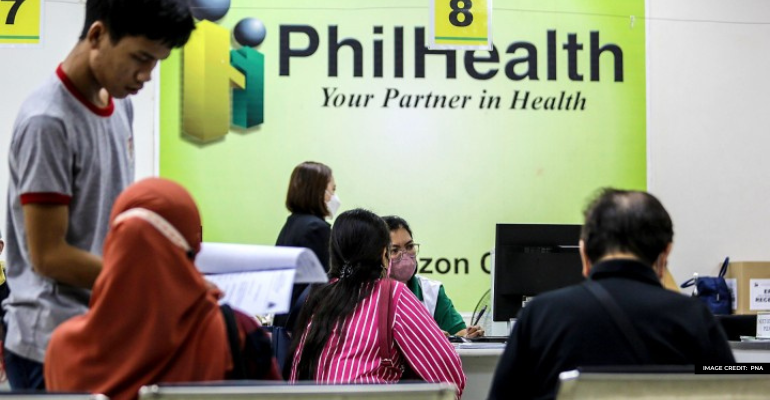MANILA, Philippines – The Philippine Health Insurance Corp (PhilHealth) implemented a 5% increase in the monthly contributions of its members for this year.
Pag-IBIG is currently awaiting a response from Malacañang regarding PhilHealth’s plan to increase monthly contributions from its members in 2024.
Pag-IBIG plans to raise the compulsory contributions from P100 to P200. The government-owned and controlled corporation (GOCC) stated that the proposed increase aims to generate more than P38 billion for the fund. This additional funding would enable the provision of an extra P1 million in housing loans without any accompanying interest rate hikes.
The adjustment aligns with the provisions of the Universal Health Care (UHC) law, as stated by Emmanuel Ledesma, Jr., the President and Chief Executive Officer of PhilHealth.
“Kailangan natin ng pondo para matugunan ang ating mga nasimulang magagandang pagbabago sa mga benepisyo ng PhilHealth,” he said in a press conference.
“As provided for in Section 10 of Republic Act 11223, or the UHC Act, PhilHealth’s [to] implement the last adjustment of premium contributions for the five percent contribution rate and income ceiling of hundred thousand this year,” he added.
This means that individuals with a monthly income of P10,000 will see their new PhilHealth contribution amounting to P500, as per PhilHealth. Those earning between P10,000.01 and P99,999.99 per month will experience a deduction ranging from P500 to P5,000 from the state insurer. Those with a monthly income of P100,000 will be required to contribute P5,000 monthly.
The increase in benefits is intended to assist Filipinos in dealing with the escalating medical expenses resulting from inflation, according to the agency.
Nevertheless, a coalition of employers expressed their opposition to any rise in PhilHealth contributions, citing ongoing issues within the agency, including delayed payments to numerous beneficiaries.
However, the Employers Confederation of the Philippines (ECOP) also voiced its endorsement for the hike, asserting that the supplementary expenditure is regarded as an “investment.”
“Yan ay investment, parang forced savings yan. Kumikita pa ng interes, so hindi mabigat para sa amin yan para sa mga worker namin. Kaya very readily pumayag kami,” said ECOP President Sergio Ortiz-Luis Jr.
Meanwhile, some workers are requesting that the augmented contribution be accompanied by a salary increase and not coincide with other obligatory contributions and deductions from their salaries.
Also Read: Government debt soars to P14.51 trillion in November 2023

Leave a Reply